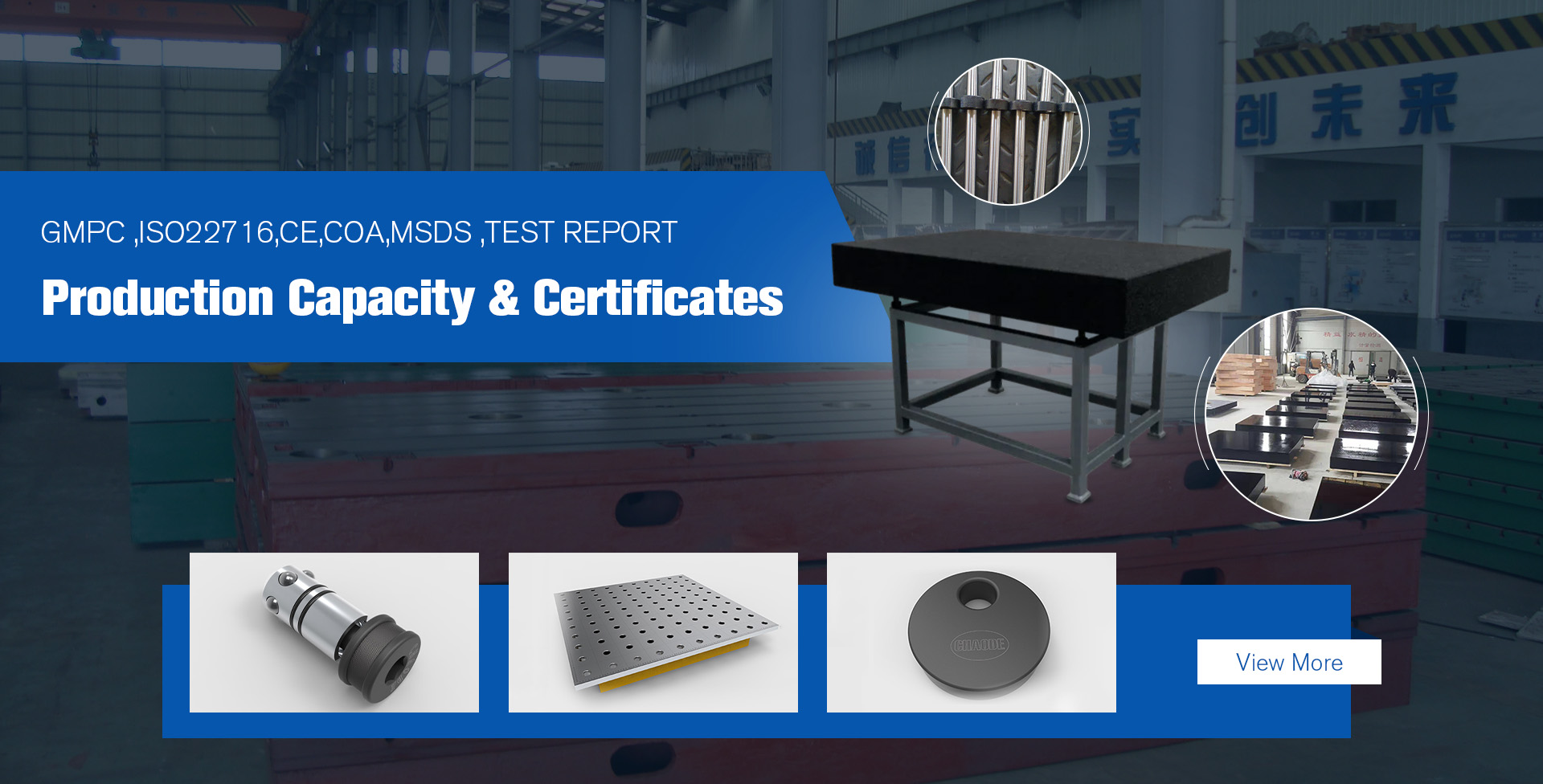Nov . 11, 2024 02:41 Back to list
Water Hose Control Valve for Efficient Irrigation and Gardening Solutions
Understanding the Water Hose Valve A Key Component for Efficient Water Management
When it comes to gardening, car washing, or any outdoor watering needs, a water hose is often an essential tool. However, many users may not fully appreciate the significance of a water hose valve. This simple yet crucial component plays a pivotal role in controlling water flow, preventing wastage, and ensuring safety during usage. In this article, we delve into the functionalities, types, and maintenance of water hose valves, highlighting their importance in water management.
What is a Water Hose Valve?
A water hose valve is a device that allows users to start, stop, or regulate the flow of water through a garden hose. Typically made from durable materials such as brass, plastic, or stainless steel, these valves can be attached directly to a water source or installed in-line along the hose. Their purpose is straightforward yet vital they enable control over water usage, which can significantly impact both the environment and a user's water bill.
Types of Water Hose Valves
There are several types of water hose valves available in the market, each designed for specific purposes and preferences
1. Inline Hose Valves These are installed along the hose itself. They allow users to shut off the water flow without needing to go back to the main water source. This type of valve is particularly useful for situations where frequent access to the water is required.
2. Tap Connectors These valves connect directly to the faucet. They usually include a shut-off feature that allows you to control the flow of water while still attached to the water source. This is a popular option for garden enthusiasts who frequently switch between various watering needs.
3. Ball Valves Ball valves use a spherical disc to control the flow of water. They offer a complete shut-off and are often praised for their durability. This type is commonly found in professional settings or for heavy-duty garden hoses.
4. Pressure Relief Valves These valves help manage water pressure within the hose system, preventing bursts or leaks. They are essential for maintaining the integrity of more extensive irrigation systems.
5. Automatic Hose Timers Advanced options allow for programmable watering schedules, significantly benefiting users who may forget to turn off the water. These timers can prevent over-watering and save money on water bills.
water hose valve

Functionality and Benefits
The primary function of a water hose valve is to provide users with control over their water supply. This control not only enhances operational efficiency but also promotes sustainable water usage. By using valves to avoid unnecessary water flow, users can contribute to conserving this precious resource.
Moreover, water hose valves come with various features that can enhance the user experience. For example, ergonomic designs make it easier to grip and turn, while drip-free connectors reduce messes and ensure a more efficient watering process.
Maintenance Tips
While water hose valves are generally durable, regular maintenance can extend their lifespan. Here are some tips
1. Check for Leaks Inspect your valve regularly for leaks. If you notice any water seeping from joints or around the handle, it may need tightening or replacing.
2. Clean the Filter Some valves come with a built-in filter to catch debris. Regular cleaning ensures unobstructed water flow.
3. Winterize In colder climates, it’s wise to detach and store valves during winter to prevent damage from freezing.
4. Use Thread Seal Tape If you're experiencing leaks at the connection points, applying thread seal tape can help create a tighter seal and prevent water loss.
Conclusion
In conclusion, the water hose valve is a small but mighty component in outdoor water management. By understanding its functionalities, types, and maintenance requirements, users can ensure they are using their hose systems effectively and sustainably. Whether for casual gardening or intensive landscaping, investing time and resources into choosing the right valve can lead to significant benefits—both for the user and the environment. Thus, next time you reach for your watering hose, remember the power and importance of the humble water hose valve.
-
Y Type Strainer Maintains System Efficiency Long TermNewsJul.15,2025
-
Valve Selection Guide for Industrial ApplicationsNewsJul.15,2025
-
Steel Fab Table Provides Durable Work Surface for WeldingNewsJul.15,2025
-
Pad Iron Provides Stable Support for Heavy MachineryNewsJul.15,2025
-
One Inch Check Valve Fits Standard Plumbing SystemsNewsJul.15,2025
-
Measuring Micrometer Ensures Precise Dimensional AccuracyNewsJul.15,2025
Related PRODUCTS









